
 |
|
|
Looking Ahead
Volume 57 Number 12 Date 06/28/2012 EUROPEAN CORN BORER - Pupation of first generation corn borers has started near Beloit, Lone Rock, Madison, Sullivan and other advanced locations. Black light traps could register the earliest moths of the summer flight by June 29. Surveys indicate that larvae from the spring flight are presently in the second to fifth instars. The treatment window for first generation larvae has closed statewide, with the exception of the far northern counties. CORN ROOTWORM - Beetles appeared this week in very low numbers in Dane, Monroe and Richland counties. These insects will become increasingly abundant next month, with the peak of emergence expected by mid- to late July. If lodging occurs, close examination of the roots is advised to verify that the cause of injury was feeding by corn rootworm larvae. Growers of Bt-rootworm corn hybrids expressing the Cry3Bb1 protein who experience poor root protection this season and suspect resistance should notify their seed company representative. WESTERN BEAN CUTWORM - The emergence of western bean cutworm adults accelerated this week at the southern and central trap locations. Egg deposition in corn and other susceptible hosts is in progress. The high count for the reporting period of June 21-27 was 92 moths at Wautoma in Waushara County. TWO-SPOTTED SPIDER MITE - Conditions are very conducive for outbreaks of this pest. Soybean and corn growers, especially those in the dry southern and east-central counties, are encouraged to monitor fields every 4-5 days for developing problems. Early detection and control is critical because damaging infestations can develop rapidly during periods of extreme dryness. JAPANESE BEETLE - Adults have become increasingly noticeable in yards and home gardens across the state. Numbers are low at this time, but heavy feeding on grapes, lindens, raspberries, roses and many other plants should be anticipated in the next 5-7 weeks. As a reminder, trapping in residential areas may attract more beetles than normally would be present and is not a recommended form of control. --Krista Hamilton, DATCP Entomologist 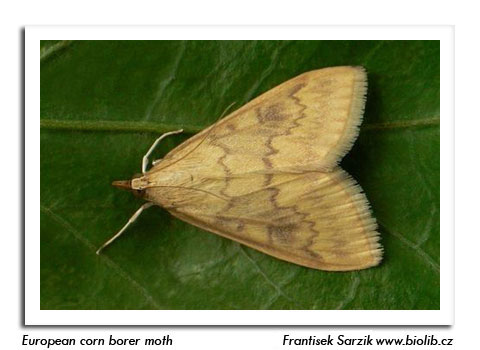
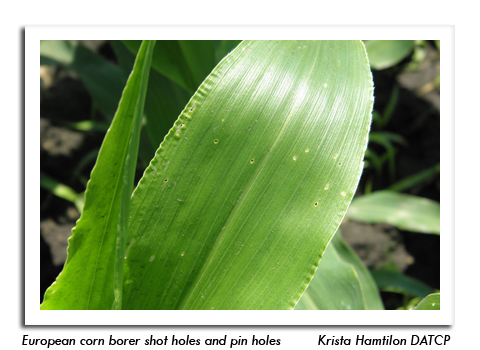
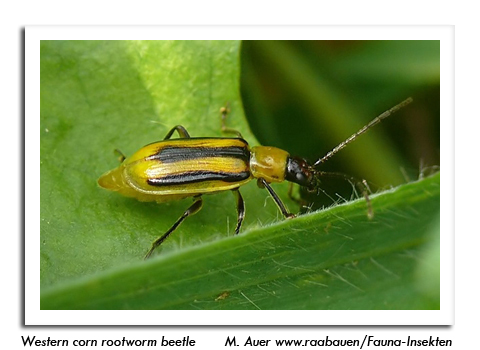
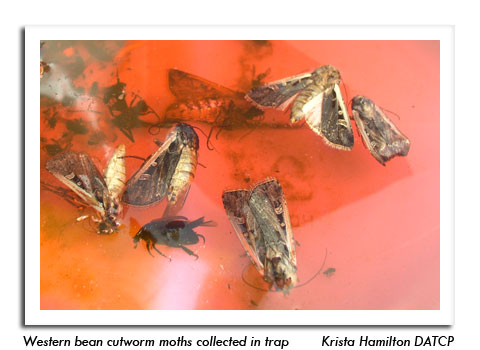
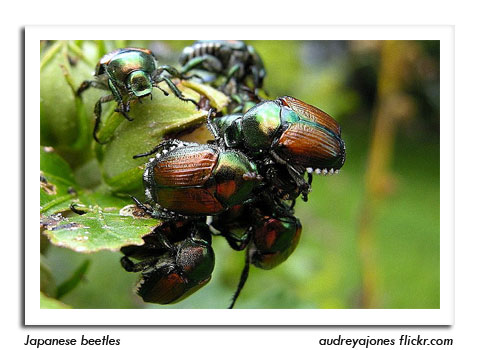
|
|
|